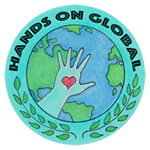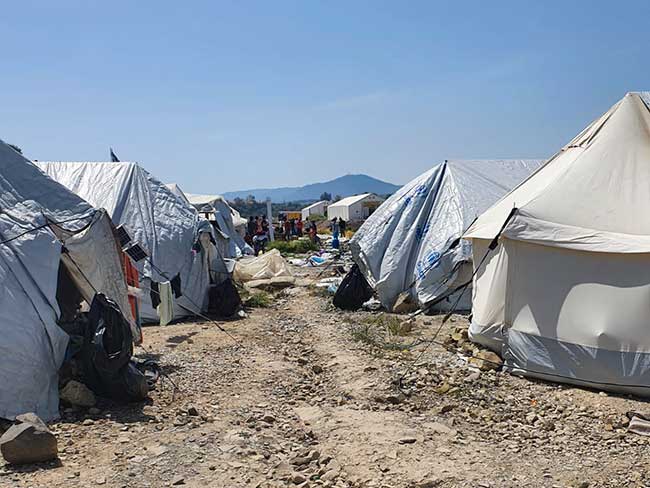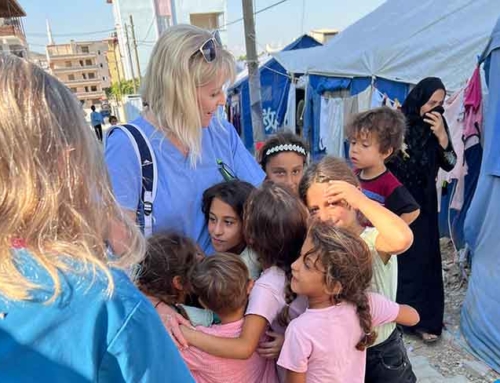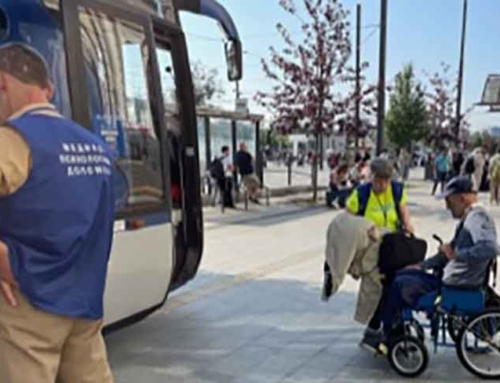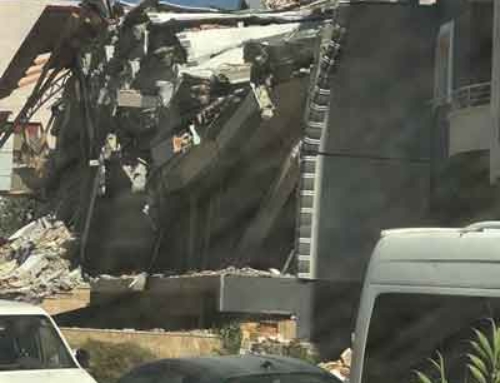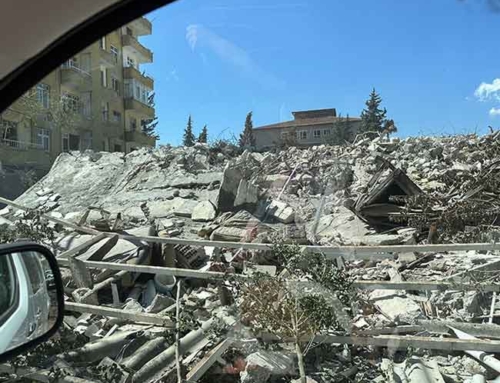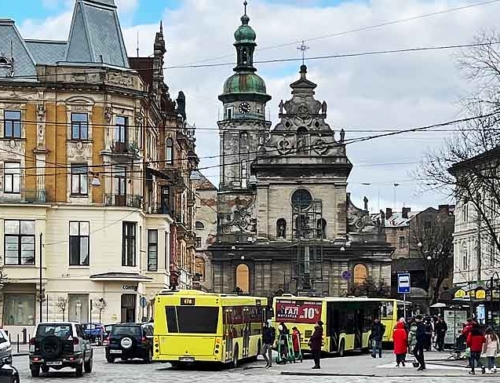Both excitement and hesitation visit me as I’m driving back to Kara Tepe 2 refugee camp on Lesvos Island Greece. I know I’ll see many familiar faces of both foreigners and refugees when I arrive. This creates mixed feelings. I would hope that all of the refugee friends that I had previously made would have been relocated by now but that’s not the case.
I reach camp and am greeted upon entering the clinic. Many recognize me from my last trip a few months before. This time I will be working as a sort of case manager for medically vulnerable patients in camp. This means leaving the familiarity of the clinic and venturing in to see people in their current environment.
I meet my new colleague that works as an interpreter with the same organization. We start our walk towards camp, passing many Greek facilities in small containers called Iso Boxes. We pass around a corner that houses small temporary shelters for the covid isolation area. People somberly milling about behind a chain link fence, greeting passerby with degraded enthusiasm.
We are walking on transplanted gravel with the Aegean Sea just to the left and the camp of sprawling tents to the right. The Greek government has recently dug drainage ditches to prevent the nightmare flooding that occured over fall/winter/spring. There are few bridges present to cross the ditches and overtime it will become a familiar zig zagging to find the next one.
We have been given several patients to visit today and are tasked with finding their tents. It is somewhat organized with a map provided that is decently accurate thanks to a hardworking NGO. My colleague and I make small talk as we attempt to locate the first tent. He’s from Afghanistan and has been on the island for several years now, still waiting for asylum.
The refugees receive an identification number and tent number upon arrival. This is part of the efficient management of camp. This seems reasonable and necessary on one hand and on the other presents disturbing similarities to past tragedies.
As we’re walking along, I feel as though I’m watching the juxtaposition of the world’s complexities and simplicities having an ongoing argument. Children whiz by me on bikes laughing gayly, mothers walking together while chatting and pushing their giggling babies, makeshift barber shops busy with customers, men sitting in circles in seemingly serious discussion. All things I’ve seen anywhere else in the world.
My colleague and I have reached our first tent. We “knock” on the tent door and politely give a greeting in their local language of Farsi, “Salaam”. A family member exits the tent and we explain our visit. They kindly invite us in. We remove our shoes at the entrance to the vestibule and leave them with all the other shoes outside. The vestibule is a small area that I will eventually find is often used for storage and cooking. We duck and crouch to enter the “living” space, the family is sitting on mats in a common area approximately 8 X 5 ft if being generous. I sit and talk with the family and the patient and discuss treatment, needs and coordinating care.
They explain their situation, history, family, and journey. I’m seeing complexitie’s argument now and I have a feeling of confusion about the world. Didn’t I just smile at a baby and his beautiful mother that were out for a stroll? My colleague and I thank the family in Farsi “Tashakor” and make a note to return for follow up in the coming days.
We do this several times over the next few days and the confusion only grows. I’ve met some of the most genuine humans in the past several days and years of this work and yet the world doesn’t quite want to see them as that.
Tomorrow is another day for mothers with newborns enduring 75 degree heat with no shade, another day for a below the knee amputee to have to walk over rocky terrain and ditches hundreds of yards to use the toilet, another day that a person goes without potentially life saving treatment or surgery, another day that hundreds and hundreds of children don’t get education. This list goes on and on with no end in sight.
I have many more weeks to come of this work and am grateful for every moment. Sometimes I feel heavy guilt for the life I live outside of this work. Sometimes I feel anger towards the world for our behaviour. Sometimes I feel gratitude for every smile I receive from the people I meet and for every relationship that I build. The world is a confusing place and it continually reminds me of that.
Photo crédit: Irene
